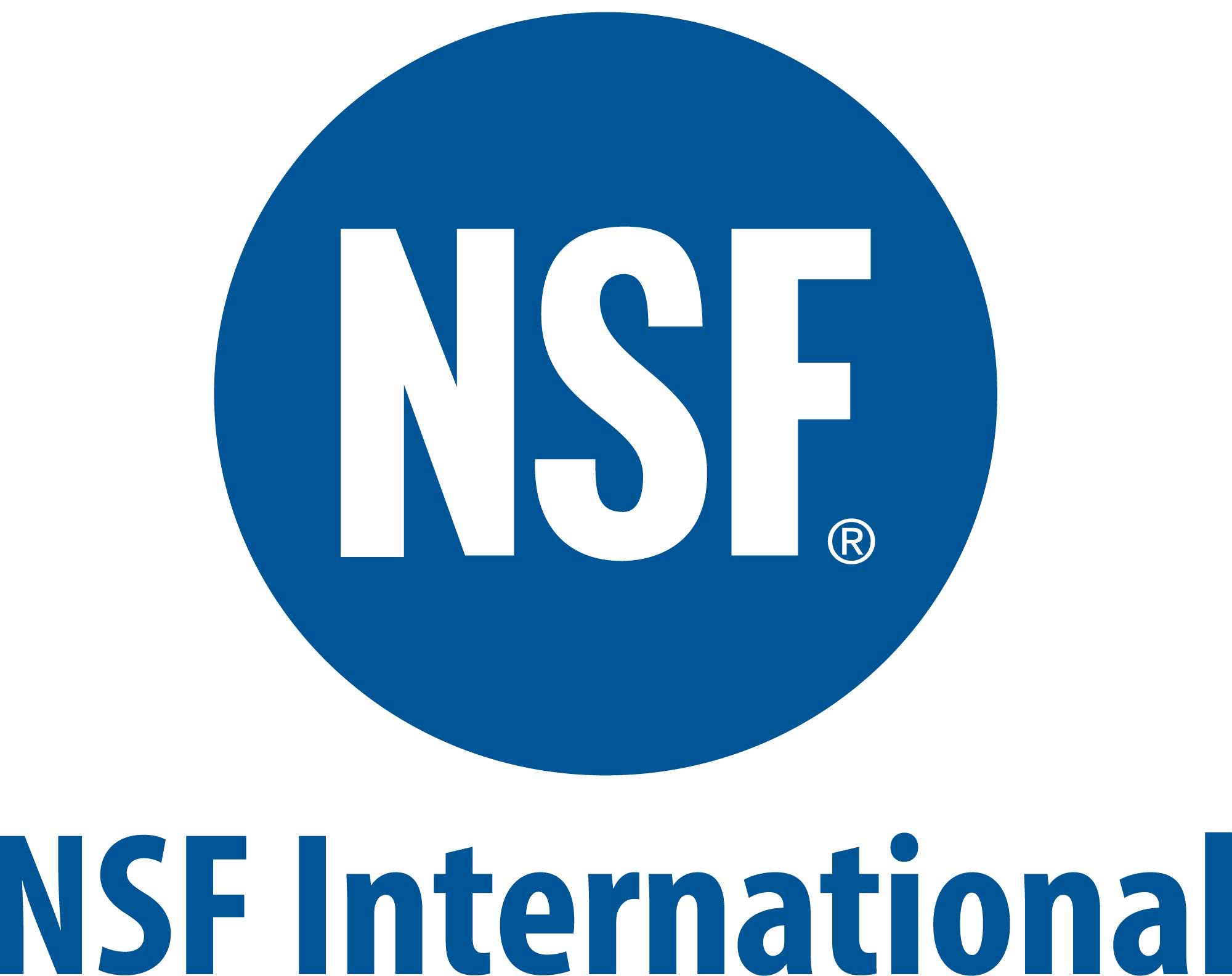.jpeg)
During the COVID-19 pandemic, NSF has continued to live up to its reputation as the most trusted name in global food safety. It has done so by pursuing its mission of protecting and improving human health. NSF helps businesses in the agriculture, processing, food equipment, restaurant and retail industries to navigate the food safety and regulatory environment.
Shortly after the outbreak, a message was sent out to clients to inform them of the emergency measures that had been put in place to ensure that NSF would be able to continue serving them in the best possible manner. The company assured clients that its public health mission was as critical now as it had ever been. NSF Experts around the world have in this time worked with clients to help maintain the safety of drinking water, food supply chains, critical medical devices and equipment for infection control.
Because of our public health mission, NSF is considered a provider of essential services in most global jurisdictions during this critical period. “We are taking numerous precautions to protect our teams and customers, such as utilizing remote methods to conduct required audits and providing additional online training options,” said Wouter Conradie, MD of NSF Africa.
NSF Africa launched virtual training sessions which will be continued until the end of July, after which decisions will be made on the way forward. The company provides training courses and products designed to focus on the needs of food and ancillary industries, and meet specific client requirements. It does this for example by assisting its clients in utilising training strategically and tactically, so as to positively impact health and food safety, customer satisfaction, quality and brand standards.
The company first and foremost drives its mission by developing standards, conducting inspections, audits, certification, testing and technical services for customers in the agriculture, processing, food equipment, restaurant and retail sectors.
NSF certification assures suppliers, retailers, regulators and consumers that an independent organization has reviewed a product’s manufacturing process and determined that the product complies with specific standards for safety, quality, sustainability or performance. “From extensive product testing and material analyses to plant inspections and auditing, we evaluate every aspect of a product's development.
All NSF assessors are qualified food industry professionals, recruited from leading manufacturers and retailers. “We have a rigorous approach to assessor selection and training and we approve assessors on the basis of their proven competency in a particular industry sector.”
NSF Certification manages a number of inspection and certification schemes in collaboration with various organisations for the benefit of good agricultural practices. GLOBALGAP for Fruit and Vegetables was developed to promote good practice in the fresh produce industry and Tesco Nurture (previously known as Tesco Nature's Choice) is a standard required of all producers supplying Tesco with fresh fruit, vegetable and salad products. It makes sure that best agricultural practices are applied in the production of the produce.
LEAF (Linking Environment And Farming) was established to promote a better public understanding of agriculture and following LEAF farming principles not only brings benefits to wildlife, but also reduces the risk of pollution and helps demonstrate the production of safe, high quality, environment-friendly food.
Genesis operates throughout the world in both established and developing regions, giving producers, processors and manufacturers access to trade in their local markets and the international markets with the Genesis GAP Produce certification mark.
NSF’s Sustainability and Environmental services help business leaders manage risk, reduce costs, drive innovation, increase efficiency, satisfy market demands and grow customer loyalty, as part of a corporate management program.
- ISO 14000 standards provide a guideline or framework for organizations that need to systematize and improve their environmental management efforts.
- ISO 50001 “Energy Management” has been developed for environmentally responsible companies to introduce systems to manage energy usage across its business.
Certification in compliance with the BRC IOP Packaging Standard for food manufacturers is now a fundamental requirement of most leading food retailers. The standard is designed to assess the ability of food processors to comply with food safety requirements and demonstrate due diligence.
The seventh version of the standard in operation since July 2015 has been acknowledged by the Global Food Safety Initiative (GFSI) and is recognized by all major global food retailers and food service companies in Europe, North America and Southern Africa.
The standard operates at two product levels: use for food contact packaging and use for non-contact packaging materials, with appropriate requirements in place at each level.
The principal requirements of the standard are the adaptation of risk assessment, quality management systems and control of product quality, factory environmental
standards & personnel.
Assessors for this field are selected on the basis of their experience in the different sectors of the packaging industry e.g. paper and board, glass, plastics, metal and foils.
The ISO 22000 standard enables food companies to have their HACCP and food safety management systems certified to an internationally recognised standard. The standard is based on the principles of HACCP as the means of ensuring that both general food safety programmes (pre-requisites) and the specific critical controls are identified, implemented effectively and periodically reviewed. The standard uses many of the principles of ISO 9000 to support the food safety management system and to encourage continuous improvement.


.jpeg)


